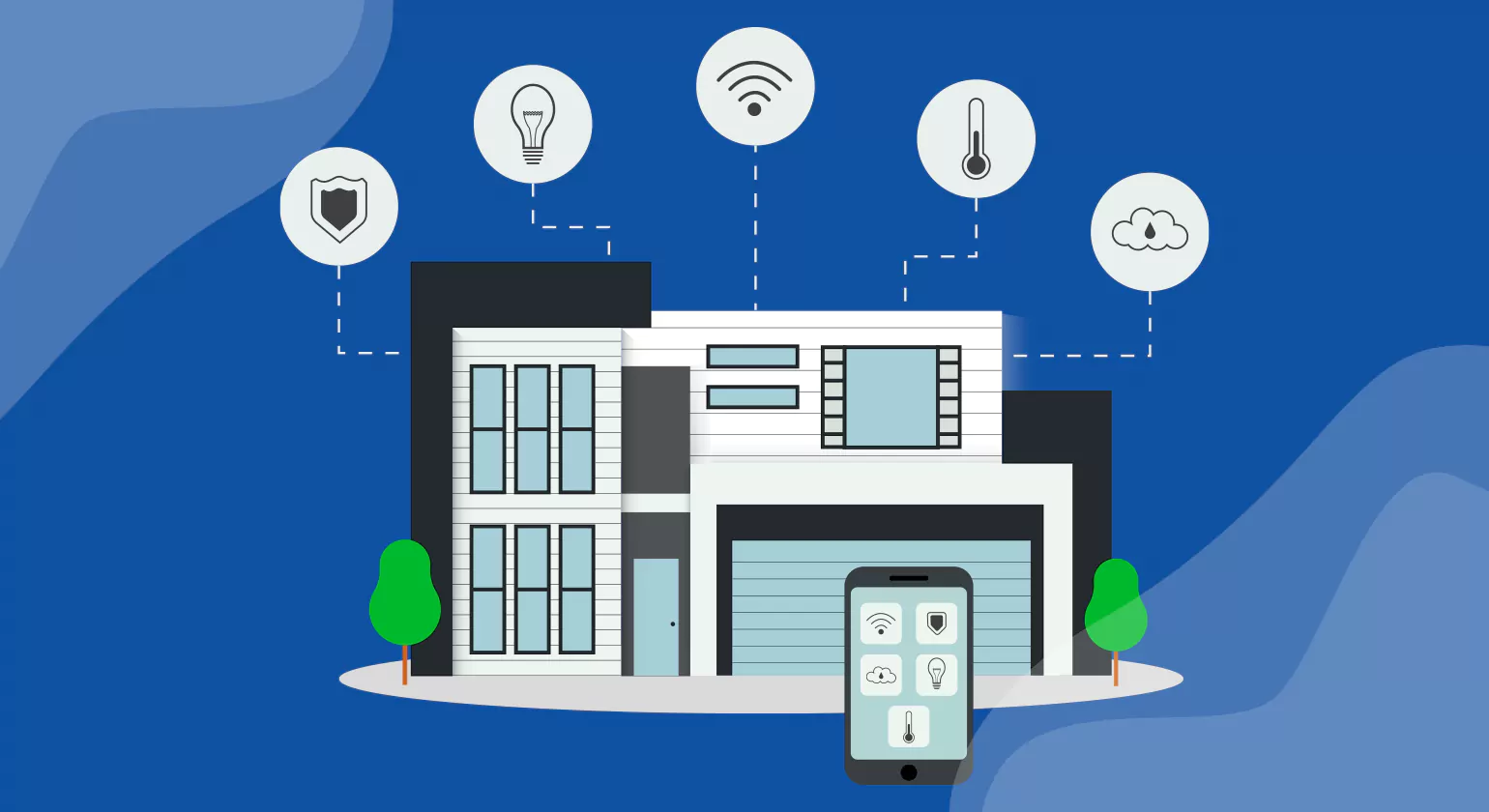Table of Contents
ToggleAre you a self-employed buyer and just started navigating the field?
In recent years, Egypt’s real estate sector has seen substantial growth, fueled by both domestic demand and significant investments in new urban developments. However, one segment of the population that often faces hurdles in this thriving market is self-employed buyers. While salaried individuals typically find it relatively easier to access mortgage financing, entrepreneurs, freelancers, and business owners encounter more complex challenges. This article delves into the dynamics of real estate financing for self-employed buyers in Egypt, highlighting the challenges, available solutions, and practical steps for securing a home loan.
The Rise of Self-Employment in Egypt
With the expansion of Egypt’s informal and gig economy, an increasing number of Egyptians now fall under the “self-employed” category. These include small business owners, consultants, traders, artisans, and digital freelancers. According to data from Egypt’s Central Agency for Public Mobilization and Statistics (CAPMAS), the informal sector employs a significant portion of the labor force, many of whom do not have a fixed monthly income or formal documentation.
This trend toward self-employment is a positive indicator of economic dynamism and innovation, but it poses significant challenges when it comes to traditional banking and credit systems—especially mortgage financing.
Challenges Faced by Self-Employed Homebuyers
Income Verification Difficulties
Traditional mortgage lenders in Egypt, such as public and private banks, typically require proof of stable income over a defined period. Salaried employees can present pay slips and employment contracts; self-employed individuals, however, often struggle to demonstrate a consistent income, especially if their earnings fluctuate month to month.
Lack of Formal Documentation
Self-employed individuals may not be registered for taxes or may not maintain detailed financial records. This lack of official documentation makes it difficult for banks to assess creditworthiness.
Higher Risk Perception
Lenders tend to view self-employed borrowers as higher risk due to perceived income instability. As a result, they may impose stricter conditions, such as higher down payments or shorter loan terms.
Limited Access to Subsidized Financing
Government housing initiatives in Egypt, such as the Mortgage Finance Fund (MFF), offer subsidized housing units and low-interest loans for low-to-middle income earners. However, accessing these programs often requires proof of employment or social insurance registration, excluding many informal workers and freelancers.
Available Financing Options
Despite these challenges, the Egyptian financial market has begun to adapt to the realities of a changing workforce. Various options are available for self-employed buyers, though they often require more effort in terms of preparation and documentation. 
Bank Mortgages for the Self-Employed
Some Egyptian banks now offer specialized mortgage products tailored for self-employed clients. While the documentation requirements are stricter, they are increasingly considering:
-
Recent tax returns (usually two to three years)
-
Bank account statements
-
Business registration and commercial license
-
Audited financial statements (for SMEs)
Islamic Financing (Murabaha)
Islamic banks in Egypt offer Sharia-compliant financing methods, such as Murabaha, where the bank purchases the property and sells it to the buyer at a profit margin. This type of financing may offer more flexibility and is sometimes more accommodating of self-employed individuals, provided they can demonstrate the ability to repay.
Non-Bank Financial Institutions (NBFIs)
The Egyptian Financial Regulatory Authority (FRA) has licensed several non-bank institutions to provide mortgage financing. These companies are often more flexible than traditional banks and may be more willing to work with clients who have non-traditional income.
Developer Financing Plans
Many real estate developers in Egypt offer installment-based payment plans over 5 to 10 years, bypassing the need for bank loans altogether. While these may come with higher property prices or interest-equivalent charges, they are often more accessible to self-employed buyers who struggle with bank requirements.
Practical Steps for Self-Employed Buyers
To improve their chances of securing financing, self-employed individuals should take the following steps:
Organize Financial Records
Keeping well-documented income statements, receipts, contracts, and bank statements is crucial. Filing annual tax returns, even voluntarily, significantly enhances credibility with lenders.
Improve Credit History
Maintaining a good credit history by responsibly using credit cards or other loans can boost your score. Egypt’s i-Score system tracks individuals’ credit behavior, and a positive score can be a valuable asset.
Open a Business Bank Account
Instead of mixing personal and business finances, self-employed individuals should use a dedicated business bank account. This practice helps demonstrate consistent cash flow and income levels.
Consider a Co-Signer or Guarantor
Having a salaried co-signer (such as a spouse or business partner) can increase the likelihood of loan approval, especially if their income meets the lender’s requirements.
Save for a Higher Down Payment
To compensate for the perceived risk, lenders may ask for down payments of 30% or more from self-employed applicants. Being prepared with a larger initial payment can ease the approval process.
Regulatory and Institutional Support
The Egyptian government and regulatory bodies have taken some steps to support broader access to housing finance. The Central Bank of Egypt (CBE), for instance, has launched initiatives to make mortgage financing more accessible by lowering interest rates and mandating financial inclusion policies. However, most of these are still geared toward salaried workers.
To foster more equitable access, financial institutions and policymakers should:
-
Develop alternative credit assessment models for self-employed individuals
-
Promote the digitization of informal income through fintech solutions
-
Encourage financial literacy and record-keeping practices among small business owners
Future Outlook
As Egypt’s economy diversifies and the gig and informal sectors expand, the real estate financing landscape must evolve accordingly. There’s growing recognition among financial institutions that the self-employed segment represents not just a risk, but also a massive untapped market.
Fintech companies and digital lenders are already exploring alternative credit scoring models based on mobile payments, e-commerce history, and digital footprints—promising innovations that may soon make homeownership more accessible to the self-employed.
Conclusion
For self-employed buyers in Egypt, real estate financing is undeniably more complex than for salaried individuals. However, with careful preparation, financial discipline, and a proactive approach, securing a mortgage or alternative financing is entirely possible. As the market continues to evolve, and as banks and non-traditional lenders adapt to new economic realities, the dream of homeownership for Egypt’s self-employed population is becoming increasingly attainable.
Frequently Asked Questions
Why do self-employed individuals in Egypt face challenges in securing real estate financing?
Self-employed individuals often lack the formal income verification that banks require, such as pay slips or employment contracts. Their income may fluctuate monthly, making it difficult to prove consistent cash flow. Additionally, many operate in the informal sector without official documentation like tax returns or business licenses, which raises concerns for lenders about repayment reliability. Consequently, banks perceive them as higher-risk borrowers, leading to stricter loan terms or outright rejection.
What types of documentation can help a self-employed person qualify for a mortgage in Egypt?
To improve their eligibility, self-employed individuals can prepare the following:
-
Tax returns for the last 2–3 years
-
Recent bank statements (preferably from a business account)
-
Business registration or commercial license
-
Audited financial statements (especially for SMEs)
-
Invoices, receipts, and client contracts
Organizing and presenting these documents helps establish a pattern of income and financial responsibility, which reassures lenders.
How can self-employed individuals improve their chances of loan approval?
They can take several proactive steps:
-
Keep organized financial records and file annual tax returns.
-
Maintain a business bank account to show consistent income.
-
Use credit responsibly to build a positive i-Score.
-
Save for a higher down payment to offset risk perception.
-
Consider adding a co-signer with a stable income.
These steps build a stronger credit profile and demonstrate financial responsibility to lenders.
What are some mortgage options available for self-employed buyers in Egypt?
There are several financing options:
-
Traditional bank mortgages, provided certain documentation is met.
-
Islamic financing (Murabaha), which involves the bank buying the property and selling it to the buyer with a profit margin.
-
Non-Bank Financial Institutions (NBFIs), which may offer more flexible approval criteria.
-
Developer financing plans, where buyers pay in installments directly to the developer, bypassing banks entirely.
Each option comes with different terms, interest rates, and documentation requirements.
